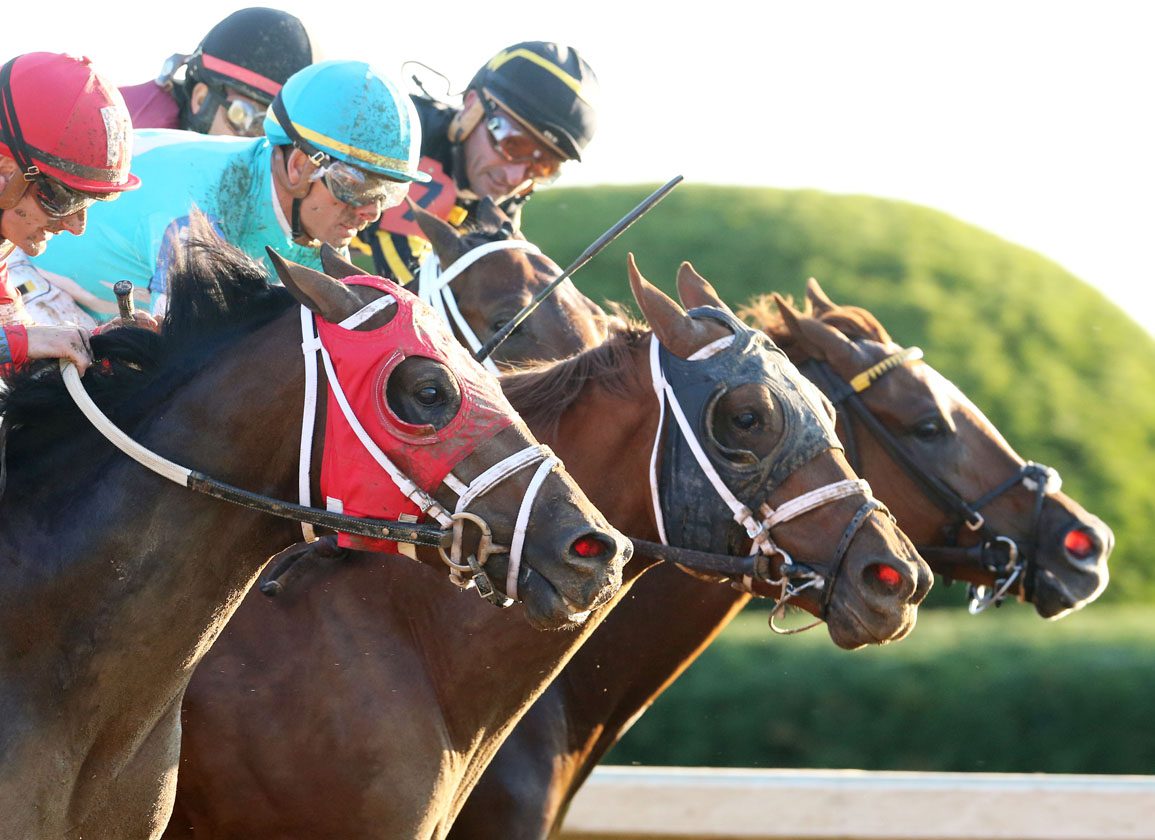HISA's mission is to protect the integrity of competition and the welfare of horses in the Thoroughbred racing industry. The Banned Substances list, set forth under HISA's Anti-Doping and Medication Control (ADMC) Program, is one of the many ways HISA advances this mission.
Under HISA's ADMC Program, substances with no legitimate, medically justified use in Thoroughbreds are among those classified as Banned Substances, just as they are under the anti-doping programs being run by other equine sports' governing bodies.
Many “non-approved substances” on the Banned Substances list have not been proven to enhance performance, but the fact that they may have performance-enhancing effects–and have no legitimate, medically justified use–is reason enough for inclusion on the list. Horse racing and many other sports take the common sense approach that, for the sake of equine or human athlete's well-being, substances with unknown effects on their bodies should never be permitted to be in their systems.
In line with the Horseracing Integrity and Welfare Unit's (HIWU's) commitment to enforcing the ADMC Program equally and fairly, Responsible Persons can provide context for a violation when notified of suspected rule violations. Following the issuance of a Charge Letter, a Responsible Person may request a hearing before a member of the independent Arbitral Body, where they can present evidence of inadvertent human transfer. Additionally, HISA's Atypical Findings Policy addresses prohibited substances commonly found through environmental contamination (e.g. caffeine, ractopamine, scopolamine). If a horse tests positive for a substance listed in the Atypical Findings Policy, further investigation and review will take place between HIWU and the Responsible Person to determine if the case should be deemed negative or pursued as a violation. A charge is only pursued if the investigation concludes that contamination is not likely to be the cause of the positive. To date, HIWU has received 35 Atypical Findings and only two have resulted in charges.
To ensure fair representation, HISA has also appointed an Ombudsman to help guide Responsible Persons who have questions about their cases and the process and has established a pro bono program to match those who meet certain income and asset requirements with attorneys who have agreed to provide legal services at no cost.
The HISA Board and ADMC Committee extends its appreciation to the vast majority of racing participants who operate in compliance with HISA's ADMC rules and share our commitment to the highest standards of safety, integrity and welfare. Our broad definition of Banned Substances as any substance without a legitimate, medically justified use in Thoroughbreds aligns with this high standard for protecting equine athletes from harm.
Charles Scheeler is the Chair of HISA Board of Directors. Scheeler is a retired partner at DLA Piper, ran investigations in performance-enhancing substance use in Major League Baseball. Pennsylvania State University investigation in the Big Ten Conference and safety practices within the University of Maryland football program. Prior to joining DLA Piper, Scheeler was a federal prosecutor in Maryland.
Not a subscriber? Click here to sign up for the daily PDF or alerts.






